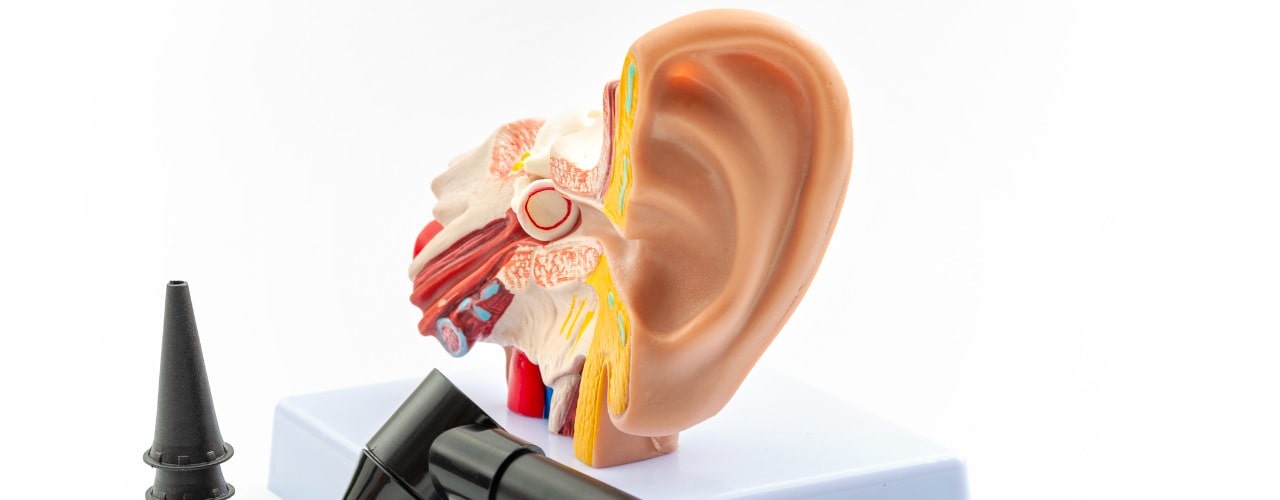Will Rhinoplasty Treat My Snoring?
Snoring is a common concern that affects both the snorer and those sharing the sleeping space. It can lead to disrupted sleep patterns, fatigue, and strained relationships. While there are various factors contributing to snoring, many individuals wonder if rhinoplasty, commonly known as a ‘nose job,’ could be a viable solution. In this blog, we'll explore the connection between rhinoplasty and snoring, clarify whether this cosmetic procedure can address the issue, and whether this is suitable for you.
The Causes of Snoring
Snoring is essentially noisy breathing during sleep, resulting from air rushing past relaxed throat tissues, causing vibrations and that familiar snore. Though occasional snoring may be completely harmless, persistent snoring could point to an underlying issue. Various factors contribute to snoring, primarily related to the airway:
- Mouth and Palate Shape: The anatomical features of your mouth and palate can contribute to snoring.
- Narrow Airway: Individuals with a narrow airway are more prone to snoring.
- Nasal Problems: Obstructions, congestion, or a deviated septum can lead to increased snoring.
- Sleep Apnea: Severe snoring can be associated with sleep apnea, particularly obstructive sleep apnea (OSA).
- Lifestyle Factors: Alcohol consumption, sleep deprivation, and sleep position can also play a role.
All these factors can be confirmed by a medical professional, and it is highly recommended that you consult one if you have serious concerns about your snoring. This is particularly crucial if you have symptoms of obstructive sleep apnea - such as gasping for air, difficulty staying asleep, headaches, excessive sleepiness, dry mouth, and irritability. If you experience these symptoms, consulting with a healthcare expert as soon as possible is vital.
The Role of Rhinoplasty
Rhinoplasty is a surgical procedure aimed at reshaping the nose for cosmetic or functional reasons. While its primary goal is often to enhance aesthetics, rhinoplasty can also address certain structural issues that may contribute to chronic snoring. Common nasal problems that could be improved through rhinoplasty include a deviated septum, nasal valve collapse, or enlarged turbinates.
- Deviated Septum Correction: A deviated septum occurs when the cartilage dividing the nostrils is crooked or off-centre. This misalignment can impede proper airflow, leading to snoring. Rhinoplasty can correct this, allowing for improved nasal breathing and potentially reducing snoring.
- Nasal Valve Collapse: The nasal valves are narrow passages along the sides of the nostrils that play a crucial role in regulating airflow. If these valves collapse during inhalation, it can contribute to snoring. Nose surgery for snoring can address nasal valve collapse by reinforcing the weakened structures, promoting better airflow.
- Turbinate Reduction: Turbinates are small structures inside the nose that help filter and humidify the air we breathe. Enlarged turbinates can contribute to nasal congestion and snoring, so rhinoplasty can reduce their size to enhance airflow and alleviate snoring.
Is Rhinoplasty the Right Solution for You?
The effectiveness of rhinoplasty in alleviating snoring depends on the specific causes. If you're considering rhinoplasty to address snoring, it's essential to consult with a qualified Ear, Nose, and Throat (ENT) specialist. A thorough examination of your nasal anatomy and sleep patterns will help determine whether surgery is a suitable solution for your specific case, and you will be referred for a rhinoplasty if necessary.
Nose Surgery for Snoring – The Pros and Cons of Rhinoplasty
While rhinoplasty holds promise in addressing certain nasal issues related to snoring, it's crucial to consider both the benefits and potential drawbacks.
Pros:
- Improved Nasal Airflow: Rhinoplasty can enhance nasal breathing, potentially reducing snoring caused by nasal obstruction.
- Tailored Solutions: The procedure can be customised to address specific nasal issues contributing to snoring, providing a personalised approach.
- Cosmetic Enhancement: In addition to functional improvements, rhinoplasty can enhance the overall appearance of the nose, offering aesthetic benefits.
Cons:
- No Guarantee: Rhinoplasty may not guarantee the complete elimination of snoring, as other factors like obesity, sleep position, and alcohol consumption can also contribute to snoring.
- Surgical Risks: Like any surgery, rhinoplasty carries inherent risks such as infection, bleeding, or adverse reactions to anaesthesia.
What Research Says About Nose Surgery for Snoring
While anecdotal evidence suggests that rhinoplasty can improve snoring in many cases, research on this specific aspect is still evolving. A study published in 2011 by the National Institute of Health1 stated that nasal surgery can effectively reduce daytime sleepiness and snoring. However, the efficacy of nasal surgery in treating OSA is limited. The pooled success rate of nasal surgery in treating OSA was 16.7%, whereas nasal surgery for snoring assessed by individual questionnaires and visual analogue scales reported significant improvement.
Exploring Alternatives
Before opting for rhinoplasty, individuals concerned about snoring should explore non-surgical alternatives. Lifestyle changes, such as weight loss, trying different sleeping positions, positional therapy, and reducing alcohol consumption before bedtime, can sometimes alleviate snoring. Continuous Positive Airway Pressure (CPAP) devices and oral appliances are also non-invasive options that may be effective in specific cases.
Other Surgical Procedures for Snoring
When exploring solutions for snoring, many often encounter various surgical options aside from rhinoplasty, each with distinct approaches and outcomes, such as:
Uvulopalatopharyngoplasty (UPPP):
- Targets throat structures, including the uvula and soft palate.
- Modifies tissues in the throat to alleviate snoring.
- Emphasises the reduction of airway obstruction in the upper throat.
Genioglossus Advancement (GA):
- Involves repositioning tongue muscles to reduce airway obstruction.
- Aims to address snoring by targeting the base of the tongue.
- Focused on improving the stability of the upper airway during sleep.
The choice between rhinoplasty and these alternatives depends on the specific anatomical factors contributing to an individual's snoring. A specialist can determine the most suitable surgical option based on a comprehensive evaluation of the patient's unique nasal and upper airway anatomy.
In summary, rhinoplasty can potentially address certain nasal issues contributing to snoring, offering a multifaceted solution that combines functional improvement with cosmetic enhancement. However, it's crucial to weigh the potential benefits against the surgical risks and consider non-invasive alternatives. If you are troubled by persistent snoring and considering rhinoplasty, consult with an ENT specialist to explore the most suitable options for your individual case.
Harley Street ENT Clinic provides comprehensive and personalised solutions for nasal and snoring issues. Schedule a consultation today to explore your options and embark on a journey towards better sleep and improved nasal function.













